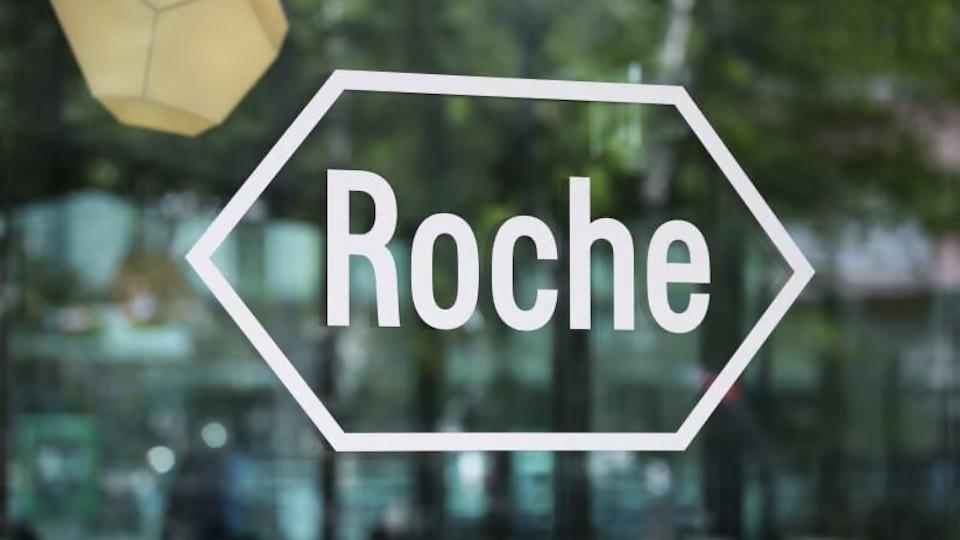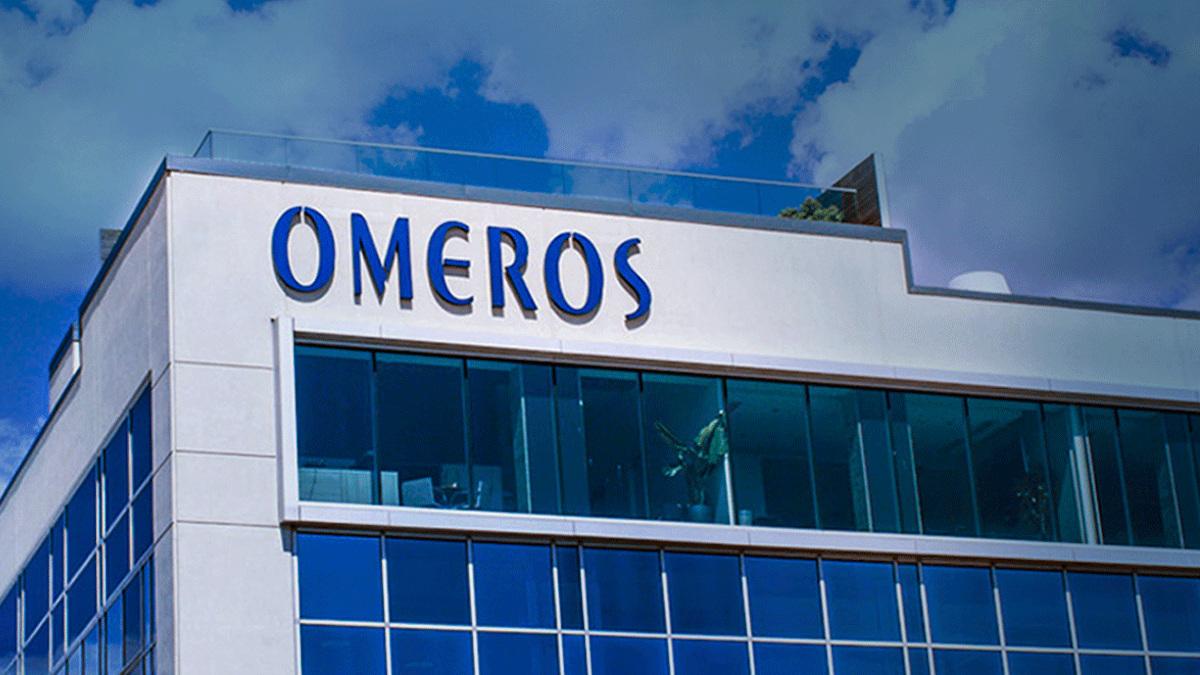Roche's PNH drug PiaSky backed for NHS use by NICE

Roche's PiaSky has been recommended for use by the NHS in England and Wales for the rare blood disorder paroxysmal nocturnal haemoglobinuria (PNH), becoming the first option for patients that can be given by monthly subcutaneous injection.
PiaSky (crovalimab) is a complement C5 inhibitor, a class recognised as the standard of care for people living with the rare and life-threatening blood disorder, which previously has required treatment with intravenous infusions of AstraZeneca's Soliris (eculizumab) or Ultomiris (ravulizumab).
Roche's drug can be self-administered or given by a caregiver by subcutaneous injection every four weeks after one intravenous and four additional subcutaneous weekly loading doses are given in the first month of treatment.
In contrast, Soliris is dosed by infusion every two weeks, while patients on Ultomiris need an infusion every eight weeks – a burden that can mount up, as patients with PNH require lifelong therapy.
PiaSky's approval by the MHRA earlier this year was based on the COMMODORE study, which showed that the drug was equivalent to Soliris at controlling the destruction of red blood cells (haemolysis) that characterises PNH, whilst also reducing the need for blood transfusions. The safety profiles of the two drugs were also generally similar.
In its final draft guidance – which should be finalised at the end of next month after a comment period – cost-effectiveness watchdog NICE said that it believes the cost of providing PiaSky by the NHS will be lower than Soliris and Ultomiris.
The drug will initially be made available through NHS England's Innovative Medicines Fund (IMF), which allows fast-track funding for promising new therapies on an interim basis while data is gathered on their benefits. The prevalence of PNH in the UK is estimated to be 1.59 per 100,000 individuals.
"We are working with the [National PNH Service] to incorporate PiaSky into the patient pathway and we remain committed to ensuring that this treatment is available across the rest of the UK as quickly as possible," commented Alexa Urspruch, Roche Product Ltd's UK lead for solid tumours and rare indications.
PiaSky has been approved in most major world markets this year – including Europe, the US, China, and Japan – and is also being developed for other indications. It is in phase 3 for atypical haemolytic uraemic syndrome (aHUS) and phase 2 for sickle cell disease (SCD).
The PNH market, meanwhile, is heading for a major shake-up following the approval of Novartis' oral targeted factor B inhibitor Fabhalta (iptacopan), which outperformed Soliris and Ultomiris in trials and has been tipped to become a $3.6 billion-a-year blockbuster by analysts at Jefferies. Last year, AZ booked combined sales of more than $6 billion from its PNH drugs.












